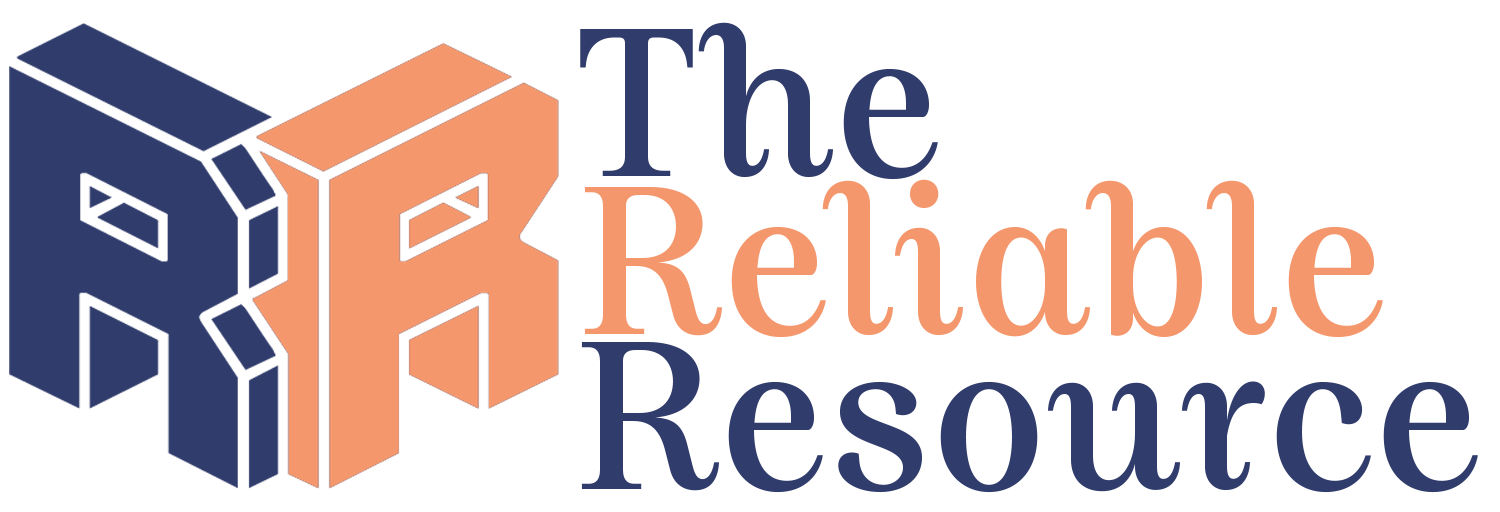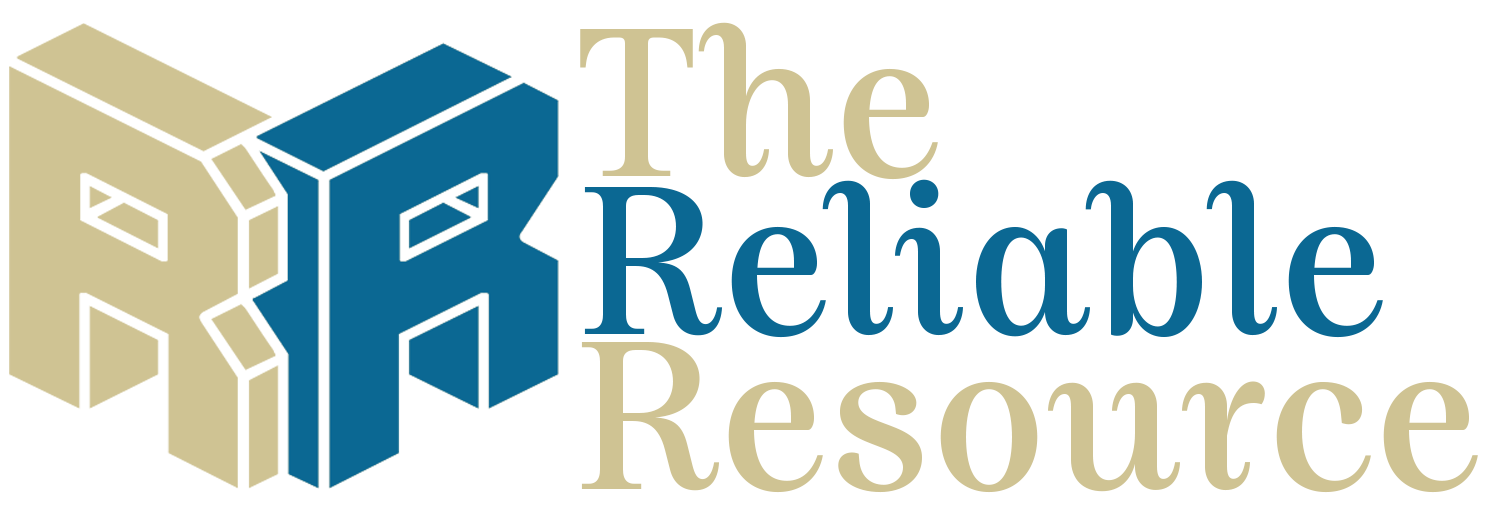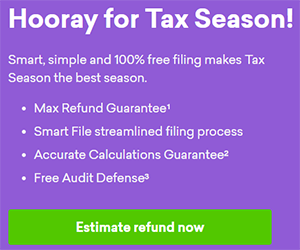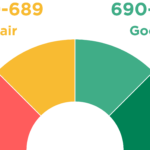I won’t sugarcoat it: Saving money isn’t the easiest task.
But I’m here to tell you it’s possible to save money without living off ramen, without recruiting seven roommates and without giving up all of life’s pleasures.
How?
First, implement a strategy. Take a good look at your expenses, and create a budget. Second, cut back your spending. Here’s How to Start Saving Money
1. Track Your Expenses
Here’s How to Start Saving Money.
Before anything else, you’ll need to take a look at how much money you’ve spent in the past few months. No, it might not be pretty, but you need to see this so you can identify your problem areas.
Empower can help you figure out how you’re spending your money and develop a budgeting plan to keep you on track.
Use its fee-free banking account or link to your existing ones, and it will keep track of your spending. It will also categorize your spending, so you can see exactly where you’re overdoing it.
2. Set Short-Term and Long-Term Savings Goals
Now that you have an overview of your spending habits, it’s time to set some realistic short-term and long-term savings goals, here’s how to start saving money.
Here’s the difference:
- Implement a short-term savings goal when you need to save money fast. Maybe you’re saving $200 for a plane ticket home. You could also start an emergency fund and set a short-term target of $500 in three months.
- If you have a loftier goal, commit to a long-term savings plan. A few examples include saving for a down payment on a home or a college fund for the kids. If you’re looking really long term, think about retirement.
It’s important to have both goals in place, so you enjoy the now while planning for the future.
3. Create a Budget
Personal finance 101: With your savings goals in mind, take a look at your spending. Set some limits for yourself.
The key? Be realistic. If you spend $500 a month on groceries, don’t set your new food budget to $200. That will require an entire lifestyle change.
If you’re not sure where to start, find some structure with these two popular methods:
- The 50/20/30 budgeting method breaks your expenses into percentages: 50% for living, 20% for financial goals and 30% for personal spending. People like this plan because it offers some built-in flexibility with personal spending.
- The 60/20/20 budgeting method also breaks down your expenses into percentages. In this case, 60% of your income is for lifestyle expenses (food, water, shelter — your needs), 20% is for discretionary spending (fun money) and 20% is for saving. Financial advisers recommend this plan, because it prioritizes your needs over your wants.
Creating and sticking to a budget takes some finessing, so be patient with yourself.
4. Be Smart About Where You Stash Your Savings
Where are you going to keep the money you’re saving? Consider some options that’ll yield interest or returns, so your money isn’t sitting stagnant.
Here are a few ideas:
- A high-yield savings account allows you to easily access your savings while also earning some interest. I suggest finding an account that offers 2% APY or higher. It’s great for an emergency fund or vacation stash.
- A certificate of deposit (CD) will earn you higher interest. However, CDs have fixed maturity rates. That means if you put your money into a five-year CD, you can’t access it early, or you could face penalties and fees. You also can’t add money to a CD.
- Stocks and bonds are two popular ways to invest. Both are ideal for long-term goals, like retirement savings. Stocks carry a higher risk, and you could potentially lose money. However, if you’re willing to ride out the market’s ups and downs through the years, it could pay off. Bonds tend to be lower risk — but so are the returns. As a general rule of thumb, the younger you are, the more risk you can afford.
Thanks for reading “Here’s How to Start Save Money”.
This article was written by Carson Kohler at The Penny Hoarder. Find the original article here.









One Ping
Pingback:Senior Discounts and How to Get Them - The Reliable Resource